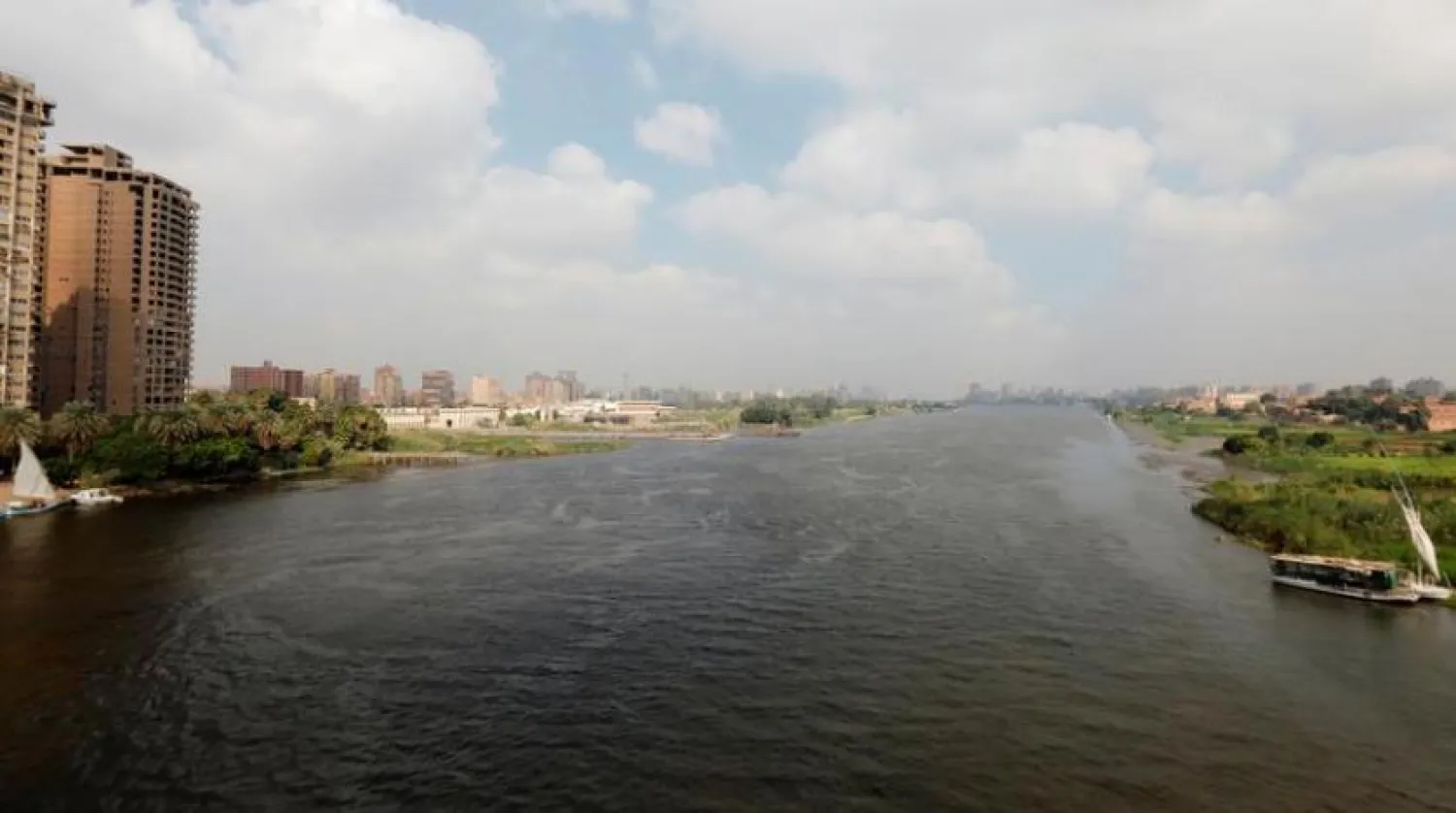The Egyptian government said Tuesday it continues to implement its comprehensive plan to develop the country’s water network.
The government’s efforts come in light of a national comprehensive development plan to address limited water resources, a population increase and the ongoing dispute over the Grand Ethiopian Renaissance Dam (GERD) on the Nile River.
Minister of Water Resources and Irrigation Dr. Mohamed Abdel Aty said the comprehensive development process of the water network aims to rationalize water use, rehabilitate canals and ensure sustainable development for agricultural projects.
The African nation suffers from water shortages, as it needs 114 billion cubic meters annually, while it only has 74 billion meters available.
To confront these challenges, Egypt set a plan to develop the irrigation system, replace and rehabilitate drainage and irrigation stations and spread awareness among citizens to conserve water.
The Nile water accounts for more than 90 percent of Egypt’s needs, or 55.5 billion cubic meters.
Cairo is anticipating a water shortage as Ethiopia began producing electricity on Sunday from GERD.
Cairo denounced the move, saying Addis Ababa was “persisting in its violations” of a 2015 Declaration of Principles, which prohibits any of the parties from taking unilateral actions in the use of the river’s water.
According to official media, only one of 13 turbines is currently operational, with a capacity of 375 megawatts.
Egypt has embarked on implementing a strategy to manage and meet water demand until 2037, with investments nearing $50 million.
The program includes building seawater desalination plants and wastewater recycling plants with triple treatment.
Abdel-Aty held a meeting on Tuesday to follow up on the implementation process of the canal rehabilitation project and the switch to modern irrigation systems in al-Qalyubia Governorate, north of Cairo.
The ministry targets rehabilitating canals with lengths of up to 500 km in the governorate and switching from flood irrigation to modern irrigation systems in an area of 60,000 feddans by late June.
Work is underway to rehabilitate canals with 88 km lengths, of which 17 km have been completed so far.









